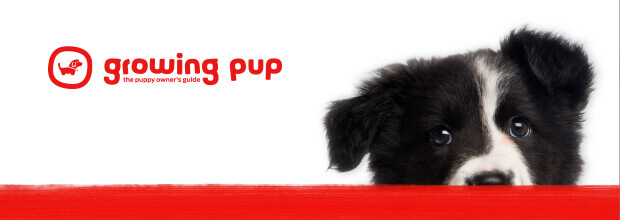History and Origins
Country of Origin: China
The origins of the Chinese Crested dog are unclear, and much debated. It is thought that their ancestors came from Africa, and moved east to Asia, travelling with sailors as useful ships dogs, and eventually spreading to the Americas.
It is quite likely that these unusual and attractive little dogs appealed to wealthy, influential royals and nobility wherever they went, and would have been gifted and traded as many dog breeds have been.
One of the earliest portrayals of the Chinese Crested dog is in Robert Plot’s ‘Natural History of Staffordshire – 1686, with a description and illustration that is almost identical to the modern Chinese Crested.














